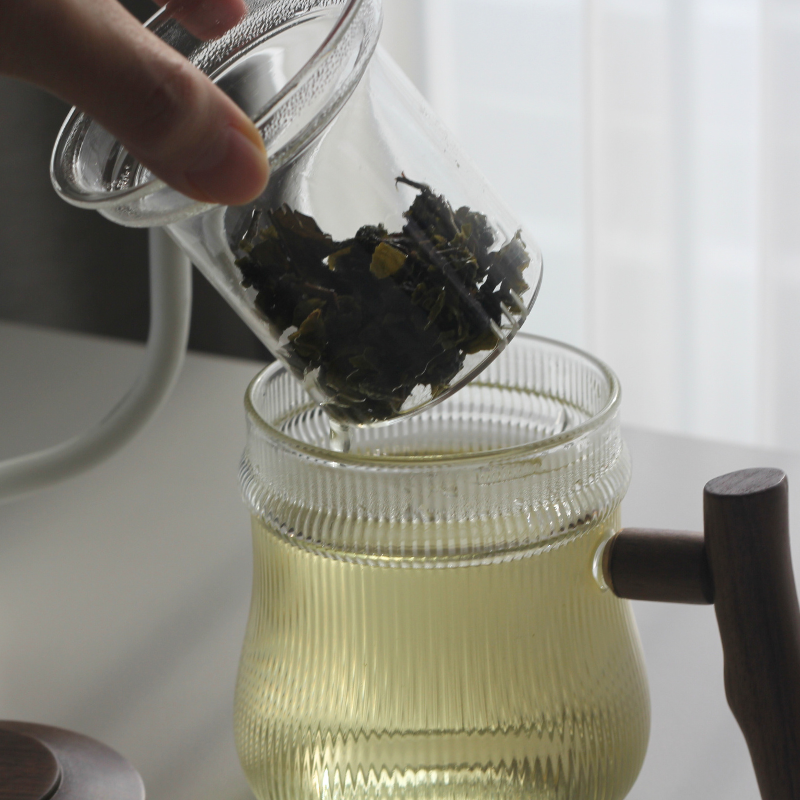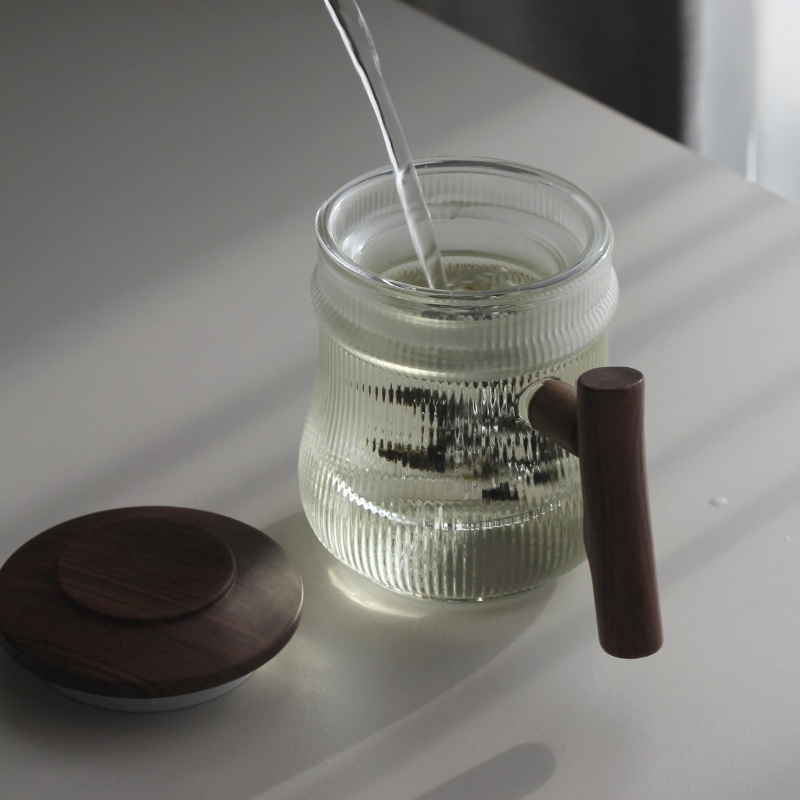TEA JOURNEY [4] | Theine and Caffeine
Caffeine is the main alkaloid found in tea, which is a nitrogenous compound with alkaline properties. It was discovered in coffee in 1819 and later found in tea as well. Before it was scientifically confirmed to be the same as caffeine in coffee, it was referred to as "theine."

1. Stimulating Beverage
The caffeine in tea is chemically identical to the caffeine in coffee, but the effects are significantly different when consumed.
When you drink coffee, caffeine rapidly disperses into the bloodstream and reaches the brain within 5 minutes, providing a stimulating effect that wears off after 2 to 3 hours.
However, the caffeine in tea is coated with polyphenols, gradually releasing over about 10 hours, resulting in a prolonged stimulation. This is why coffee caffeine is classified as an awakening agent that helps you stay alert, while tea's theine (caffeine) is classified as a stimulant that provides a long-lasting effect.
2. Theine's Easy Removal
If you steep tea for 30 seconds, discard the first infusion, and then steep it again with fresh water, about 80% of the theine in the tea will be removed. In Chinese tea practices, this process is to clean off the tea leaves and reducing the caffeine effects of tea for drinking in the afternoon.
Note that this process also leads to some loss of aroma. Additionally, the longer you steep tea in hot water, the more theine gets dissolved. Tea steeped for an hour in water at the appropriate temperature (preferably lower) will have very little theine content.
3. Historical Episode
Due to the stimulating effects of tea, it gained popularity in East Asia in its early history. Buddhist monks drank tea to stay awake and maintain long periods of meditation. War generals and scholars alike enjoyed tea to stay alert and focused for their everyday activity.
Of course, consuming caffeine in moderation is advisable. Most varieties of tea have fraction of caffeine content compared to coffee. However, matcha and black tea have higher content than oolong and green tea. On the other hand, Hojicha, which uses a lot of tea stem, has much lower caffeine content while herbal tea usually indicates absence of caffeine.






![TEA JOURNEY [13] | Tea Tasting Terminology](http://tingeofsoul.com/cdn/shop/articles/IMG_3072.jpg?v=1686898175&width=1080)
Leave a comment